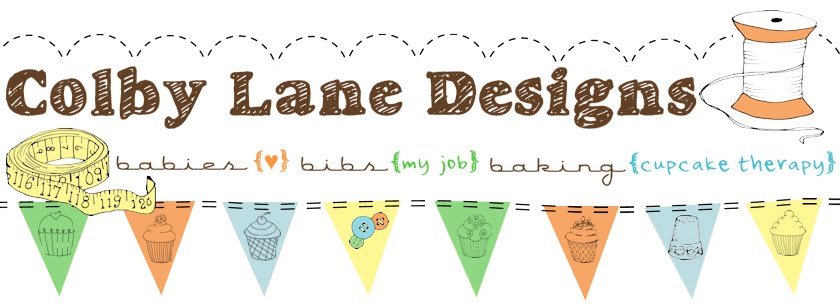H.R. 968 introduced to Congress today: To amend the Consumer Product Safety Act to provide regulatory relief to small and family-owned...
For Immediate Release:
February 11, 2009
Contact: Lisa Wright at 202-225-2721 or lisa.wright@mail.house.gov
Rep. Bartlett Proposes Legislation to Ensure Safe and Affordable Toys, Books and Clothing for Children
Washington, DC – “I have introduced legislation to ensure the availability of safe and affordable toys and clothing for children at thrift shops, consignment shops and neighborhood yard sales,” said Congressman Roscoe Bartlett. Congressman Bartlett joined by Congressman John Shadegg introduced H.R. 968 a bill that corrects unintended consequences of the Consumer Product Safety Improvement Act of 2008 that became law last year. H.R. 968 is identical to companion legislation introduced by Senator Jim DeMint, S. 374.
Congressman Bartlett said, “As a scientist and engineer, I know that every program can be improved. This bill will protect children from lead contaminated imported toys without bankrupting American small businesses including craftsman and second-hand stores. Millions of Americans depend upon these neighborhood stores to obtain affordable toys, books and clothing for their children.”
Specifically, H.R. 968 and S. 374 will:
*Extend the deadline February 10th deadline for six months to allow for comments and practical implementation of the law.
* Allow smaller manufactures to use the lead testing done by their suppliers on their component parts to certify the lead content.
* Protect thrifts stores, yard sales, consignment shops and other second-hand sellers from potential liability.
* Prevent retro-active enforcement of the Act to compel manufactures from destroying products that were legal to sell prior to the February 10th, 2009 deadline. The bill would only require that products manufactured after the effective date of the regulations have to comply with the requirements of the Act.
* Provide a one-time good-faith exemption for small businesses who accidentally run afoul of the law.
* Require the government (through the Consumer Product Safety Commission) to provide small businesses with a compliance guide. This Law and the required regulations will be extremely technical and would serve as a burden on small businesses.
---------------------
HELP U.S. MANUFACTURERS AND SMALL BUSINESSES
From: The Honorable John B. Shadegg
Sent By: randi.meyers@mail.house.gov
Date: 2/11/2009
Dear Colleague:
As you know, certain provisions in the Consumer Product Safety Improvement Act of 2008 (CPSIA) are set to take effect on February 10, 2009. While CPSIA is well-intended to improve product safety, it is dangerously flawed.
As supporters of the CPSIA’s intended purpose, which is to assure that no lead is used or added in the manufacture of any children’s products, we understand its importance. However, it appears that there is still great confusion as to what the requirements of this new law are and that the February 10, 2009 compliance deadline is unrealistic.
It is for this reason that we have introduced a bill that will address the complications that implementing the CPSIA will cause. This bill will delay the regulation for six months. Due to the confusion and uncertainty in the small business community, it is crucial that the regulations be delayed so that the small businesses that are the heart of this nation are not forced to close their doors.
Secondly, the bill will allow small manufacturers to use the testing and certification that their component suppliers have done to certify that the components do not contain an impressible amount of lead. This will be both a money and time saver. If lead is not a component when tested, it will not appear when a product is put together.
This bill will exempt thrift stores, yard sales, consignment shops, and other re-sellers from the prohibitions in the Act. When the CPSIA was drafted, it was not the intent of the bill to include Goodwill, the Salvation Army, or flea markets. This is because these sellers are not the source of the product safety concerns that were discussed last year.
Our bill will provide a good-faith exemption that will benefit small manufacturers and help keep them in business. If a manufacturer can show that an error in compliance was made in good-faith, our bill will provide them with a one-time exemption from sanction. This rule is designed so that manufacturers will not take advantage of the exemption, while giving them a chance to adjust to the new regulations.
Finally, our bill will require the Consumer Product Safety Commission (CPSC) to provide small businesses with a compliance guide. The new regulations are extremely technical and impact a number of small businesses who do not have multi-staff compliance departments to interpret and apply regulations. Our bill would require the CPSC, in consultation with the state and federal Small Business Administration, to develop a compliance guide that addresses the concerns of the small business community.
Please join us in supporting our small businesses by co-sponsoring this crucial legislation. If you would like to cosponsor this legislation or if you need any additional information, please contact Randi Meyers in Rep. Shadegg’s office (5-3361) or Sallie Taylor in Rep. Bartlett’s office (5-2721).
Sincerely,
Roscoe Bartlett
Member of Congress
John Shadegg
Member of Congress

1 comment:
Wow! Now this sounds like common sense. Rushing into the protection of our children as a result of Asian products with lead in them without proper hearings, public input and feedback has left us in this potentially devastating position. I will write to my congressman and Senators about this. Thanks for the details.
Post a Comment